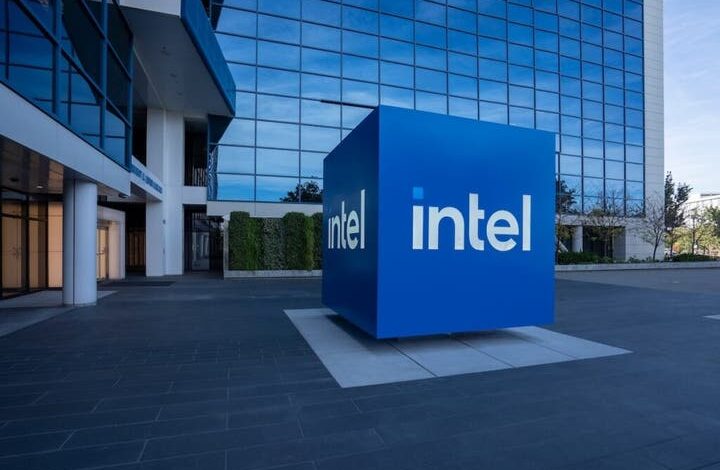Joe Lonsdale Critiques Trump’s Intel Stake as ‘Cronyism’

Joe Lonsdale, co-founder of Palantir Technologies Inc., expressed his discomfort regarding the federal government’s decision to take a 10% equity stake in Intel Corp. during a recent interview on CNBC’s *Squawk Box*. Lonsdale characterized the move as “very weird” and suggested it exemplifies a form of favoritism or cronyism.
Lonsdale stated, “It’s also a little bit weird for the government to be giving $9 billion to a company, too.” His comments come in the wake of Intel’s announcement, which detailed how the government’s stake would be financed through a combination of remaining $5.7 billion in grants from the U.S. CHIPS and Science Act and $3.2 billion from the Secure Enclave program. This funding is part of Intel’s broader initiative to expand its manufacturing capabilities.
Government Stakes and Economic Implications
The White House has indicated that the Intel deal may pave the way for similar agreements across other industries. Kevin Hassett, Director of the National Economic Council, remarked that this approach resembles a sovereign wealth strategy. He noted, “There’ll be more transactions, if not in this industry, in other industries.”
Lonsdale did express conditional support for public investment, provided it significantly advances national security interests. He raised concerns about the implications of the government owning a stake in a private entity outside of a crisis. Historically, direct government investment in private companies occurred during the 2008 financial crisis through the Troubled Asset Relief Program (TARP), which aimed to stabilize the financial markets.
Criticism of the Intel plan has emerged from various quarters, with detractors warning of the potential for market distortions. Sen. Rand Paul (R-Ky.) labeled the proposal a “big mistake,” arguing that it undermines the competitive forces essential for fostering excellence. Economist Peter Schiff criticized the initiative as “not only unconstitutional, but a bad idea,” while investor Kevin O’Leary voiced his disapproval of the government’s involvement in Intel.
Mixed Reactions and Market Response
While many have voiced opposition, not all reactions have been negative. Sen. Bernie Sanders (I-Vt.) supported the government’s stake, stating, “I am pleased the [Donald] Trump administration agrees with the amendment I proposed three years ago.” He emphasized that taxpayers should not provide billions of dollars in corporate welfare without receiving value in return.
On the stock market front, shares of Intel experienced a slight decline, closing down 0.49% at $24.49 on a recent Friday, with a further 0.69% decrease after hours. Despite the dip, the stock maintains favorable ratings in terms of momentum and value according to Benzinga’s Edge Stock Rankings.
The ongoing discourse surrounding the government’s role in corporate equity raises significant questions about the future of public-private partnerships in the United States and their implications for market dynamics. As the situation develops, stakeholders across various sectors will be closely monitoring the outcomes of this unprecedented approach.






